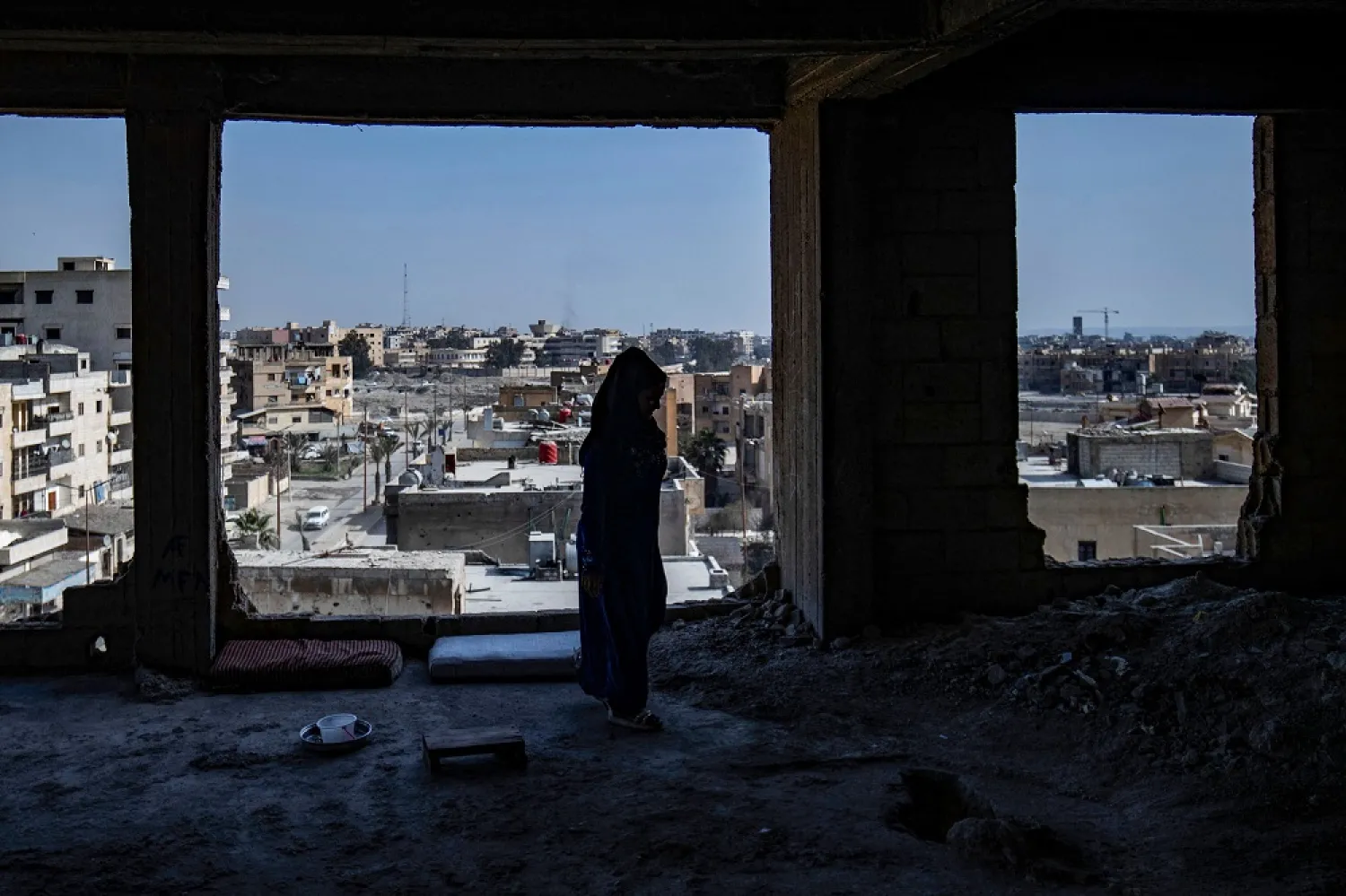The deadly earthquakes that hit Turkey and Syria last month caused about $5.1 billion in direct physical damage in Syria, the World Bank said on Friday, furthering destruction in a country already devastated by years of civil war.
The current value of damaged and destroyed buildings and infrastructure is estimated at some 10% of Syria's gross domestic product, the bank said in a statement after releasing what it described as a broad but preliminary damage estimate.
Damaged buildings include cultural heritage sites in historic areas of Syria, it said.
"These losses compound years of destruction, suffering and hardship the people of Syria have been enduring over the past years," said Jean-Christophe Carret, World Bank country director for the Middle East.
"The disaster will cause a decline in economic activity that will further weigh on Syria's growth prospects," Carret added.
The Feb. 6 earthquakes struck a swathe of northwest Syria, a region partitioned by the 11-year-long war, including opposition-held territory at the Turkish border and government areas controlled by President Bashar al-Assad.
The province of Aleppo, which was a major front line in the war, suffered an estimated 45% of total damages from the quakes, the bank said. Some 37% of the damage was in Idlib province, with 11% in the coastal Latakia province, the bank added.
Reflecting a degree of uncertainty around the preliminary assessment, estimates for total direct damages range between $2.7 billion and $7.9 billion, the bank said. Its assessment does not cover broader economic impacts and losses for the Syrian economy, it said.
The bank said in a Feb. 27 report that the earthquakes caused $34.2 billion in direct physical damage in Türkiye, where at least 45,000 people have died due to the quakes. The death toll in Syria is over 5,900, authorities say.









